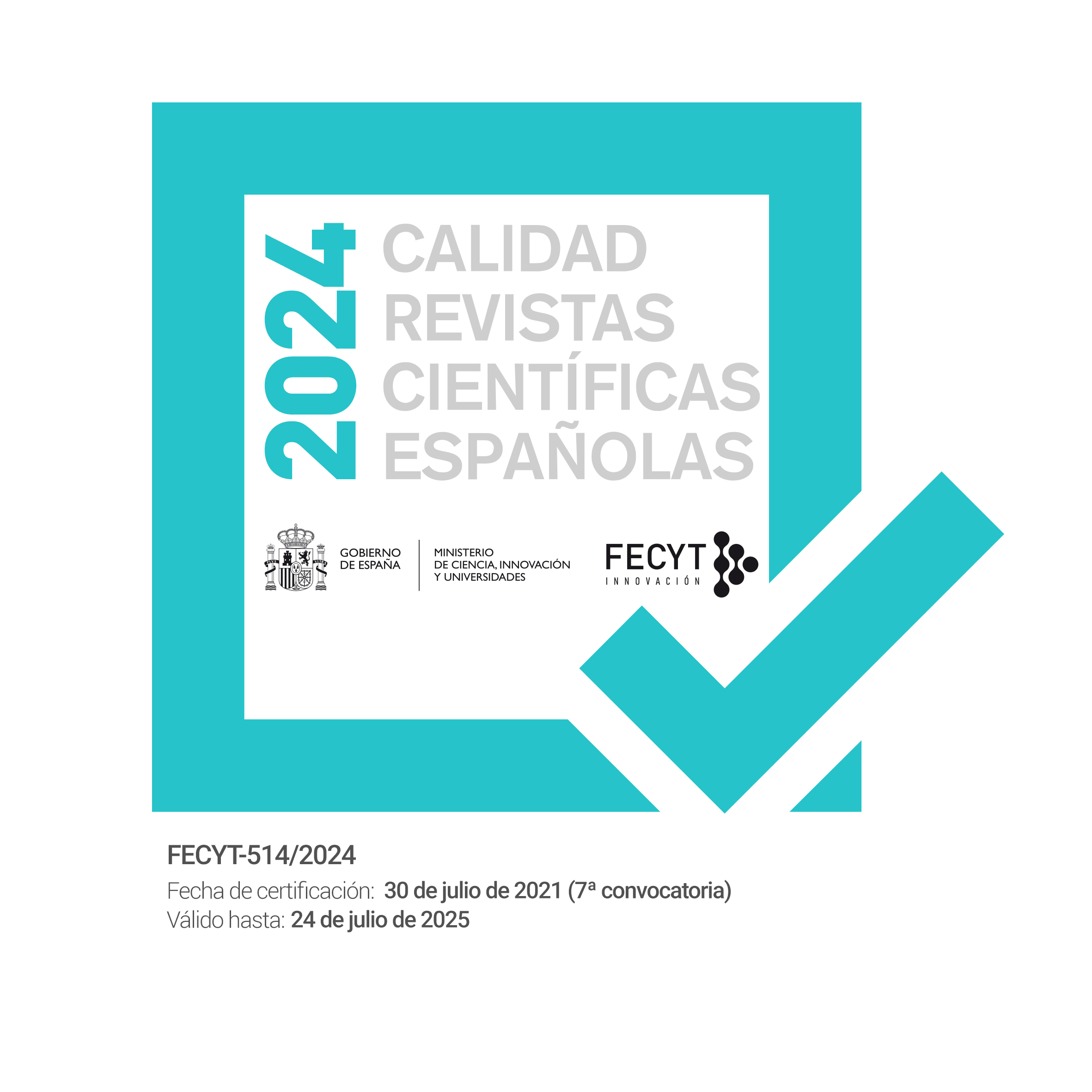QUEERING AMERICAN SPACE IN PIRI THOMAS’ DOWN THESE MEAN STREETS: A GLISSANTIAN APPROACH TO KINSHIP
Keywords:
Nuyorican literature; coloniality; plantation; space; kinship; CaribbeanAbstract
Starting with a theoretical and historical introduction explaining the assessment of ethnic American literature as part of the postcolonial corpus, this article considers said postcolonial aspects in Piri Thomas’ autobiographical novel Down these Mean Streets through a close reading of the Caribbean essays of Édouard Glissant. The relationships its protagonist establishes throughout the novel, as well as the spaces which he inhabits, serve to unveil the coloniality of power theorized by Aníbal Quijano as still present in the Unites States in the shape a force determining the lives of black youths in this country. However, these spaces – the Barrio, the segregation South, and the prison – also recall the plantation’s potential, as Glissant saw it, for subverting the state’s racist ideologies because they allow for forms of relation which differ from the ones institutionalized in the course of Western colonial history.
Downloads
References
ADAIR, Gigi. Kinship across the Black Atlantic: Writing Diasporic Relations. Liverpool UP, 2019.
CAMINERO-SANTANGELO, Marta. “‘Puerto Rican Negro’: Defining Race in Piri Thomas's “Down These Mean Streets”.” MELUS, vol. 29, no. 2, pp. 205-226.
BLAUNER, Robert. “Internal Colonialism and Ghetto Revolt.” Social Problems, pp. 393-408.
BONFIGLIO, Florencia. “Notes on the Caribbean Essay from an Archipelagic Perspective (Kamau Brathwaite, Édouard Glissant and Antonio Benítez Rojo)”. Caribbean Studies, vol. 43, no. 1, 2015, pp. 147-173.
DASH, J. Michael. Introduction. Caribbean Discourse: Selected Essays, by Glissant. Translated by J. Michael Dash, Caraf Books, 1989, pp. xi-xlv.
DELEUZE, Gilles, and Guattari, Felix. A Thousand Plateaus. Translated by Brian Massumi. U of Minnesota P, 1987.
DUNN, Richard S. “The English Sugar Islands and the Founding of South Carolina.” The South Carolina Historical Magazine, vol. 72, no. 2, 1971, pp. 81-93.
ENG, David. “Transnational Adoption and Queer Diasporas.” Social Text, vol. 21, no. 3, 2003, pp. 1-37.
ERMAN, Sam. “Citizens of Empire: Puerto Rico, Status, and Constitutional Change.” California Law Review, vol. 102, no. 5, 2014, pp. 1181-1241.
FOUCAULT, Michel. “Of Other Spaces.” Translated by Jay Miskowiec, Diacritics, vol. 16, no. 1, 1986, pp. 22-27.
GLISSANT, Édouard. Poetics of Relation. Translated by Betsy Wing, the U of Michigan P, 1997.
GILROY, Paul. Against Race: Imagining Political Culture beyond the Color Line. Harvard UP, 2000.
GONZÁLEZ, Juan. Harvest of Empire: A History of Latinos in America. Penguin Books, 2000.
LAÓ-MONTES, Agustín. Introduction. Mambo Montage: the Latinization of New York, edited by Agustín Laó-Montes and Arlene Dávila, Columbia UP, 2001, pp. 1-53.
MCINNIS, Jarvis C. “‘Behold the Land’: W. E. B. Du Bois, Cotton Futures, and the Afterlife of the Plantation in the US South.” The Global South, vol. 10, no. 2, 2016, pp. 70-98.
MIGNOLO, Walter. Local Histories/Global Designs: Coloniality, Subaltern Models, and Border Thinking. Princeton UP, 2000.
OTTO, Melanie. “The Caribbean.” The Routledge Companion to Postcolonial Studies, edited by John McLeod. Routledge, 2007, pp. 95-107.
PIERCE FLORES, Lisa. The History of Puerto Rico. Greenwood Press, 2010.
QUIJANO, Aníbal. “Coloniality of Power, Eurocentrism, and Latin America, Nepantla vol. 1, no. 3, 2000, pp. 533-580.
QUIJANO, Aníbal and Wallerstein, Immanuel. “Americanity as a Concept, or the Americas in the Modern World System.” International Social Science Journal, vol. 29, 1992, pp. 549–57.
SÁNCHEZ, Marta E. “La Malinche at the Intersection: Race and Gender in Down these Mean Streets.” PMLA, vol. 113, no. 1, 1998, pp. 117-128.
SHARPE, Jenny. “Is the United States Postcolonial?: Transnationalism, Immigration, and Race.” Diaspora: A Journal of Transnational Studies, vol. 4, no. 2, 1995, pp. 181-199.
SOSA-VELASCO, Alfredo J. “Gerald and Thomas: the Subtext within the Text in Down these Mean Streets.” Romance Notes, vol. 49, no. 3, 2009, pp. 287-299.
THOMAS, Piri. Down these Mean Streets. Vintage Books, 1967.
TORRES-SAILLANT, Silvio. An Intellectual History of the Caribbean. Palgrave MacMillan, 2006.
West Side Story. Directed by Robert Wise and Jerome Robbins, performances by Natalie Wood, Richard Beymer, Russ Tamblyn, Rita Moreno, George Chakiris and Simon Oakland, The Mirisch Company and Seven Arts Productions, 1961.















